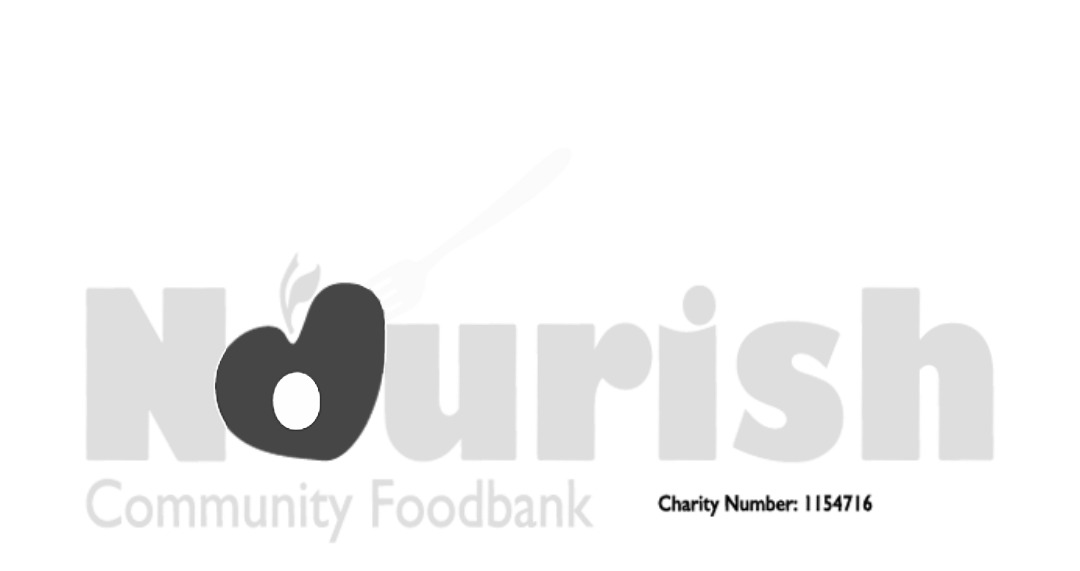The Holiday Blues…
The collapse of Thomas Cook will leave many with the holiday blues.
Founded in 1841 by businessman Thomas Cook, the company organised railway outings for members of the local temperance movement. Some 178 years later, it had grown to a global travel group, with annual sales of £9bn, 19 million customers a year and 22,000 staff operating in 16 countries. On Monday 23rd September 2019 that all came to an end. So what caused the downfall of this worldwide corporation and what can small business learn?
This firm’s fate was sealed by a number of factors; financial, social and even meteorological! Yes, the weather played its part, as it always does! With better summers in the UK many holidaymakers chose to stay put and enjoy the beauty of our own rich heritage and glorious countryside. Other factors outside Thomas Cook’s control such political unrest abroad and terrorist events in popular destinations also contributed to a downturn in their business. Small businesses also have to change due to forces that they have no control over. One could mention the ‘B’ word here as none of us really know how Brexit is going to change our economy, but let’s leave that there!
Thomas Cook also faced stiff competition in a changing market. With so many stores closing on the declining high street and internet holiday purchases rising, their positioning was wrong. No longer did potential holiday makers use the traditional Travel Agent in town, they turned instead to the internet not only to buy package holidays but also to create their own trips by buying flights and accommodation separately. One former Director said that Thomas Cook, “had an analogue business model in a digital world”. Competition is what keeps a business vibrant; small business needs to understand what competition it faces and be responsive to stay that one step ahead. It needs to respond to customers’ needs rather than just continuing to provide the existing service or product.
Finally, there has been much in the news about the actions of the Executives who were charged with running the company. Some reports said that they were completely ‘under-whelming’ while others have gone further claiming massive salaries and bonuses contributed to the company’s downfall. Directors and Owners are responsible for the success of the business, whatever the size of the company. Knowing the market, keeping in touch customer needs and having a sound understanding of the finances are all key to ensuring continued success.
Thomas Cook could have survived, in fact its troubles weren’t new as in 2011 it was close to insolvency; there was time for change but the warning signals went unheeded so the inevitable happened. Small business has the ability to adapt quickly and change course, just like a speed boat as opposed to an oil tanker. Learning the lessons from Thomas Cook can ensure that it’s wall to wall sunshine rather than a case of the holiday blues.









